KABALE CENTRAL DIVISION CHAIRMAN WANTS VENDORS TO BE COMPENSATED
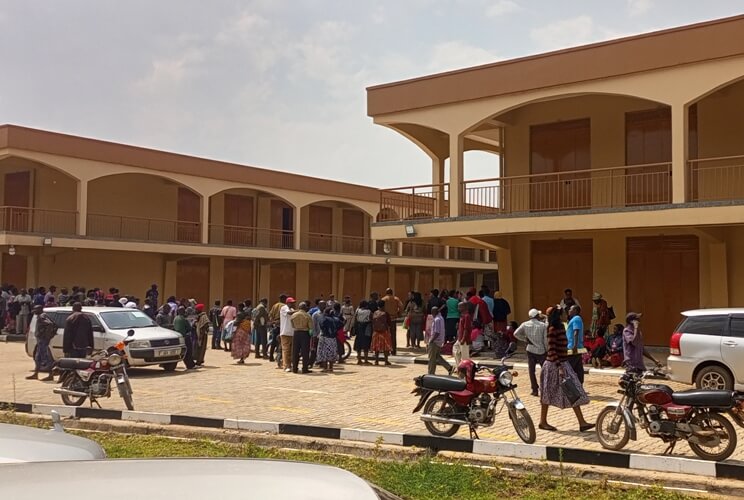
By Libino Byamukama
In Kabale
The central Division chairman in Kabale municipality Sam Arineitwe has advocated for compensation of vendors who lost their lock ups and stoles in Kabale Central market
The new facility was constructed at a cost of 23 billion shillings by the Chinese Chong Chuing International Construction Company under the World Bank-funded Markets and Agricultural Trade Improvement Program III (MATIP III).
Speaking to our reporter in Kabale town, Arinaitwe said that the government started from Kampala markets compaseting the vendors before it could fully own it.
Arinaitwe added that taking the lockups and stalls without compensation means extortion.
On 12th November, 2022 the former occupants of the Kabale Central Market protested against the sets of procedures issued to guide their resettlement in the newly constructed market facility.
This was after the Kabale Municipal Council authorities made a memorandum of understanding with the lock-up owners, assuring them that the lock-ups would be given back in the new market.
However, a section of traders protested against the new guidelines, which deny them re-possession of the lock-ups.
According to the resettlement guidelines, the Kabale Municipal Council is the landlord in the new market, and unlike the previous arrangement, everyone else will be a tenant.
the Kabale Central Market Traders Association, led by Canon Joshua Mutekanga, accused the government of issuing guidelines that disregard the MOU they made with Kabale Municipal Council.
One of the former lock-up owners, Owen Kasimba, argued that the government was supposed to compensate them for the remaining time on their occupational permits if the lock-ups were to be fully owned by the Kabale Municipal Council.
Kasimba said they had obtained bank loans to buy the lock-ups, which cost them between $48 and $70 million, while others built new structures in the old market.
Benjamin Mayanja protested the guideline allocating only one lockup for each vendor, saying that some of them owned five or six lockups in the old market














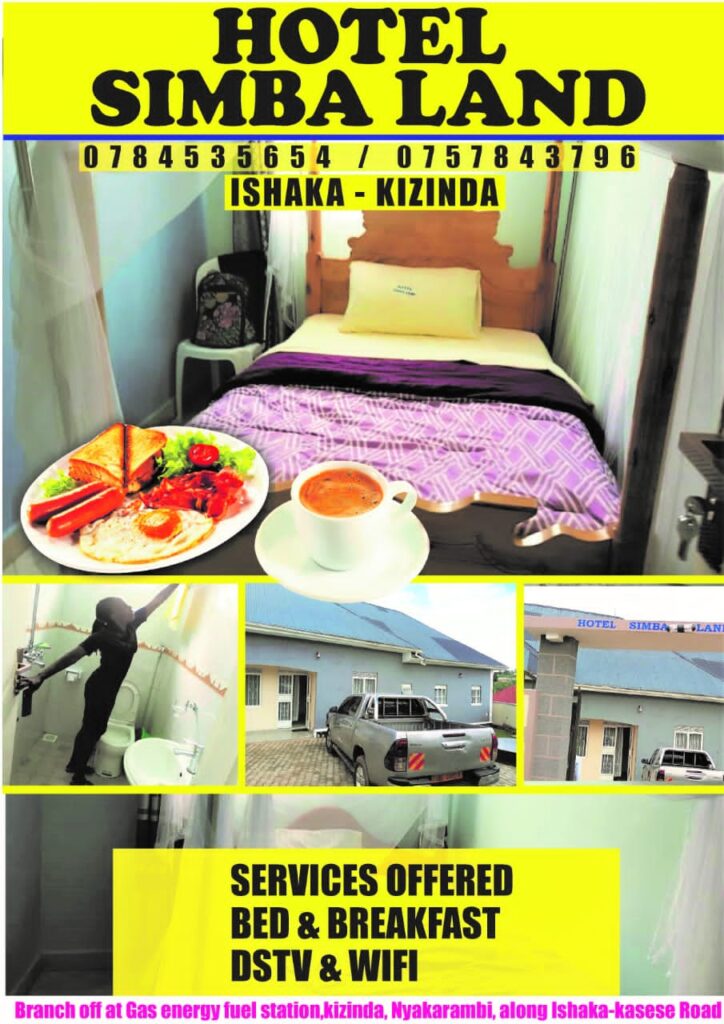




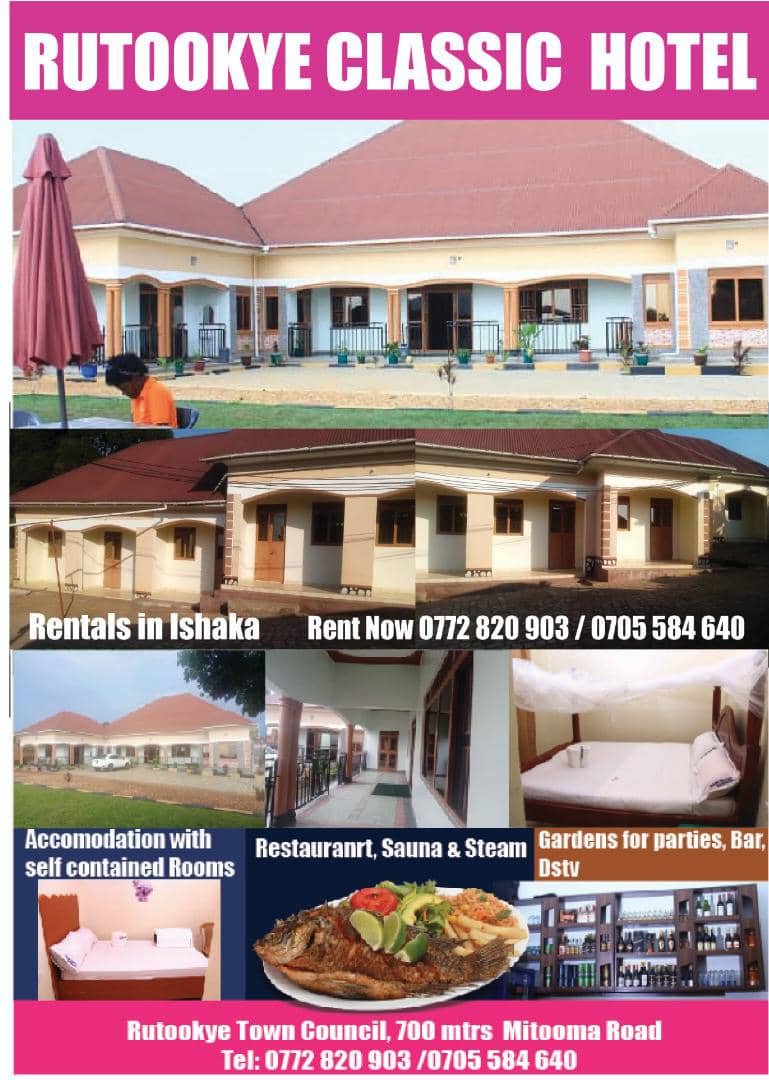


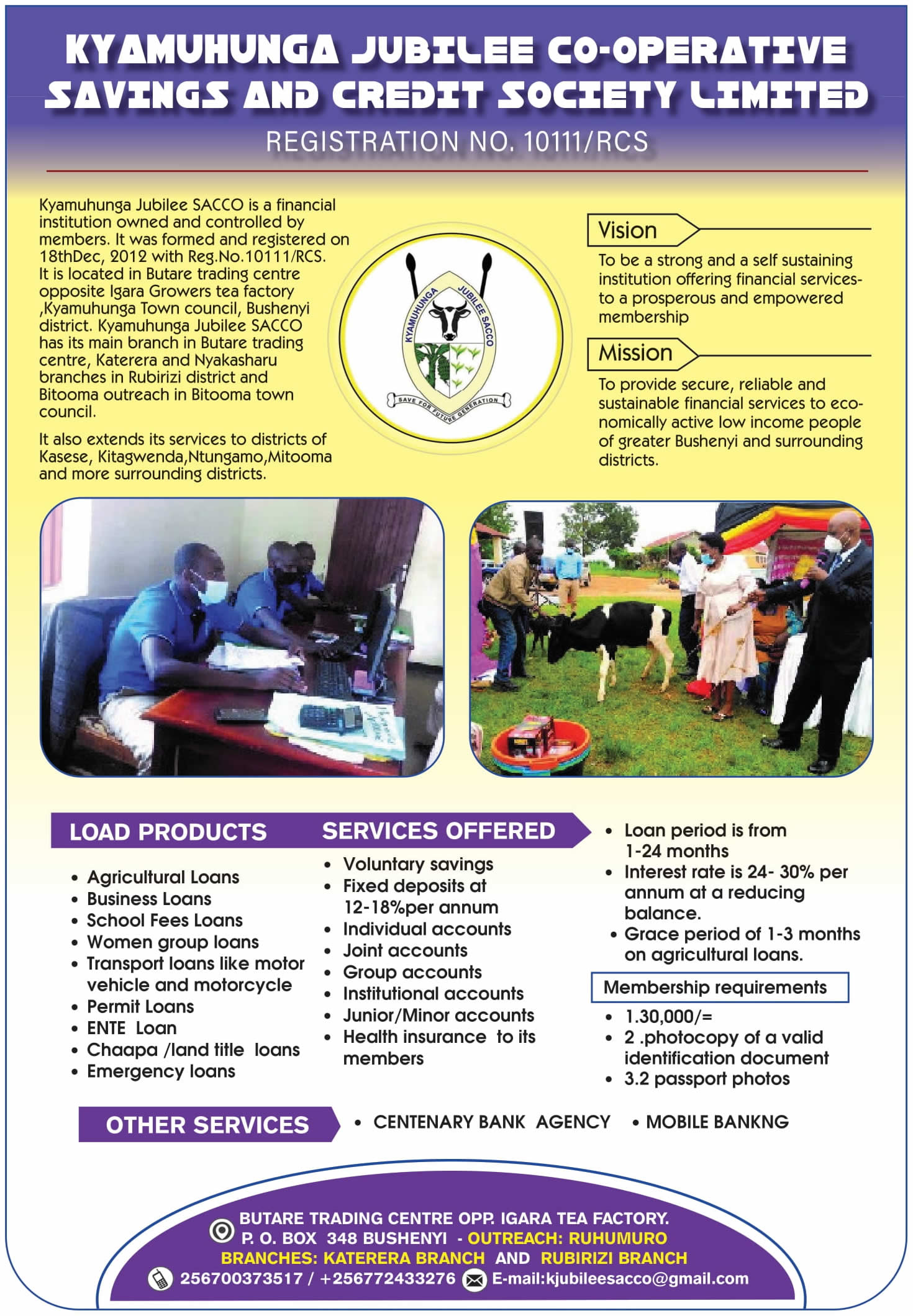

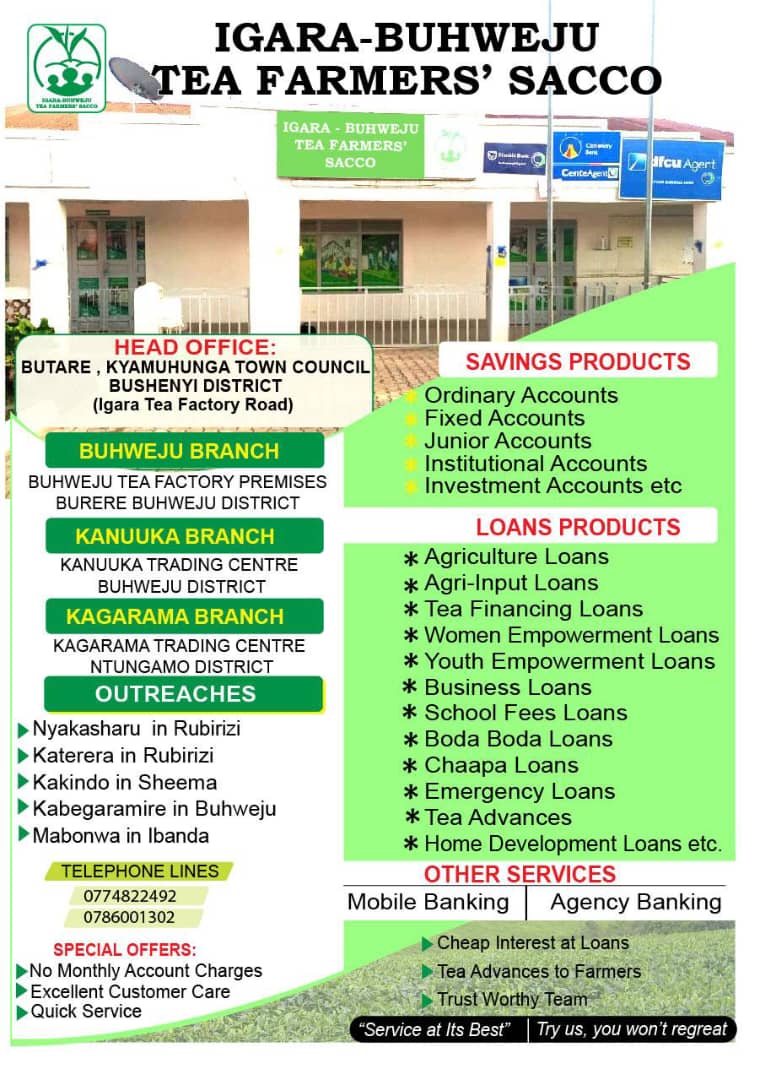






 Views Today : 169
Views Today : 169 Views Yesterday : 411
Views Yesterday : 411 Views Last 7 days : 3146
Views Last 7 days : 3146 Views This Month : 10418
Views This Month : 10418 Total views : 1448022
Total views : 1448022 Who's Online : 4
Who's Online : 4 Your IP Address : 3.145.161.199
Your IP Address : 3.145.161.199